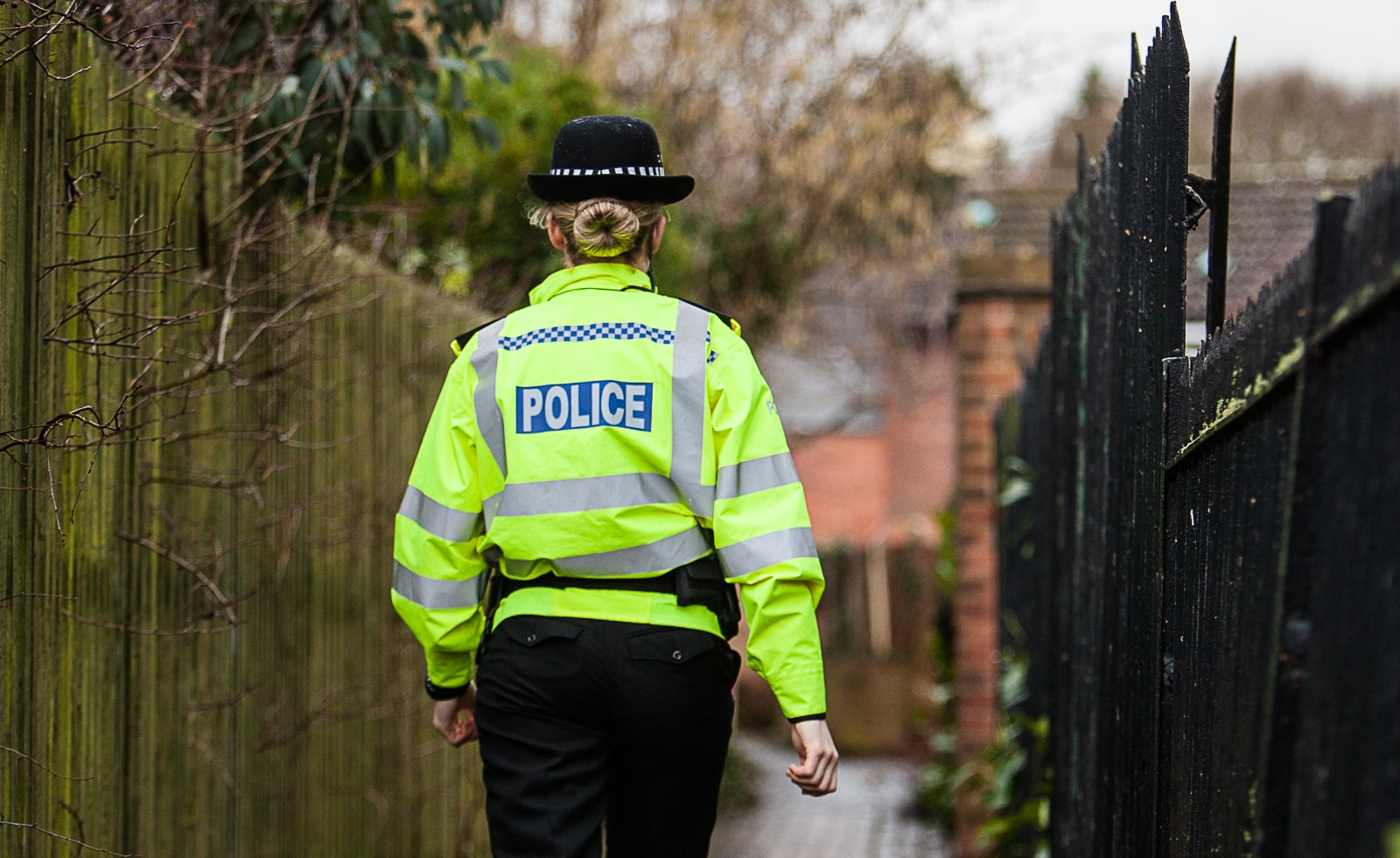“Proud, passionate and determined women in a difficult job”
THE police service has proud, passionate and determined women in a difficult job, Surrey’s first female chief constable said.
Speaking at a session at the Police Federation conference to celebrate 100 years of women in policing, Lynne Owens praised the “proud, passionate and determined women” in the service but said she hoped to see a time when there was no need to talk about male or female policing separately.
She said: “It’s important to remind ourselves why this matters. It’s doesn’t matter if I’m some bra-burning feminist, it doesn’t matter because of the numbers. What really matters is public service, which is why we all joined.
“This isn’t about number counting or presenteeism. It’s about proud, passionate and determined women putting themselves in a difficult job to represent the people of this country.
“This audience still has work to do. The measure of your success will be when you no longer need a reserve seat for women because they’re equally represented.
“I hope in 20 years we don’t have to talk about female or male policing – that we have policing that represents society.”
CC Owens said the Police Federation’s mark of success for equality for would be when there was no need for a reserve seat on joint branch boards.
The role of women in policing has changed dramatically since Edith Smith became the first female constable with powers of arrest in 1915.
Retired PC Pamela Collier described her first post in a women-only police station in Birmingham in 1966, where earrings and eye makeup were banned and female officers’ hair had to be short.
By 1972 she had transferred to CID, where she worked with men for the first time, before being seconded to the bomb squad.
The service introduced equal pay for male and female officers in 1974 but Mrs Collier said she didn’t think about equality.
She said: “I never thought about equality. I was just happy doing the job and I don’t think it came into the equation until later.
“I was pleased and lucky to progress as I did and happy to do the job that I did.
“The wonderful women who went before me were pioneers. They are my role models and my heroes, and I salute them.”
CC Owens said the future of the service would be to embrace the differences in its officers – whether that is gender, race or different skills and interests.
She told delegates: “Policing is different. We should be bold enough to embrace our differences because that’s how we get legitimacy with the public.
“In policing, we need different skills. We need people who are brave, people who are strong, people who are emotionally courageous, people who are mentally courageous, people who do detail. None of us can be all of those things. So we need to embrace our differences.
“One of the challenges for women in senior positions is that we don’t want to pull up the drawbridge behind us.
“The early women in policing made an extraordinary journey and I thank them for that.”

